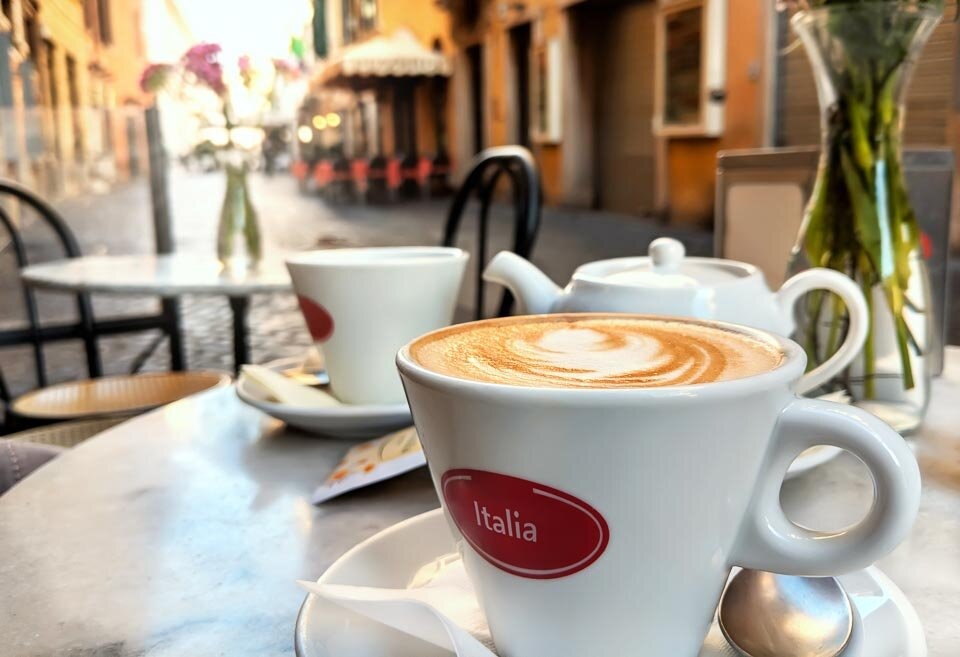Coffee in Italy is a beverage that is consumed every day by millions of Italians. It is a real culture that accompanies different moments of the day, and according to the geographical location takes on a different meaning.
Usually coffee is consumed in the morning, at breakfast, and is consumed in its absolute version. Some people, however, prefer to use milk to lighten the strong flavor: this is how the cappuccino, latte macchiato or coffee latte is born.
However, after 11 o'clock, Italians no longer consume drinks with milk: it is important to specify because abroad it is not strange to see someone consume a cappuccino in the afternoon.
Coffee is consumed however after the main meals, as a method to digest faster. In particular, at the restaurant coffee is offered after the dessert to promote digestion and leave a good taste in the mouth.
The best Italian coffee is found in the "bar", or coffee shops. This can be consumed at the counter at a very low price, while at the moment when you sit down you will have to pay an increased price.
The coffee that is sold in bars is a very creamy and dense coffee that is made through a professional machine. Every Italian, however, at home, has a coffee machine called "moka" invented in 1933 that uses the pressure of boiling water to make the coffee spill on the top. The moka has become so famous over the years that it has also received a private exhibition space at the Museum of Modern Art.
Did you know that there are different types of coffee in Italy? Among the most famous:
- Coffee: is the abbreviation for "espresso". In Italy every coffee is.
- Double coffee: it is a double espresso that is consumed especially in the morning!
- Cappuccino: there are different types of cappuccino. It can be made with different types of milk (even vegetable) and is made so as to have more or less coffee according to the tastes of the person.
- Macchiato: it is very similar to cappuccino, but it is served in the small espresso cup.
There are also some regional variations, such as recipes that only exist in some regions. Would you like to know them?


